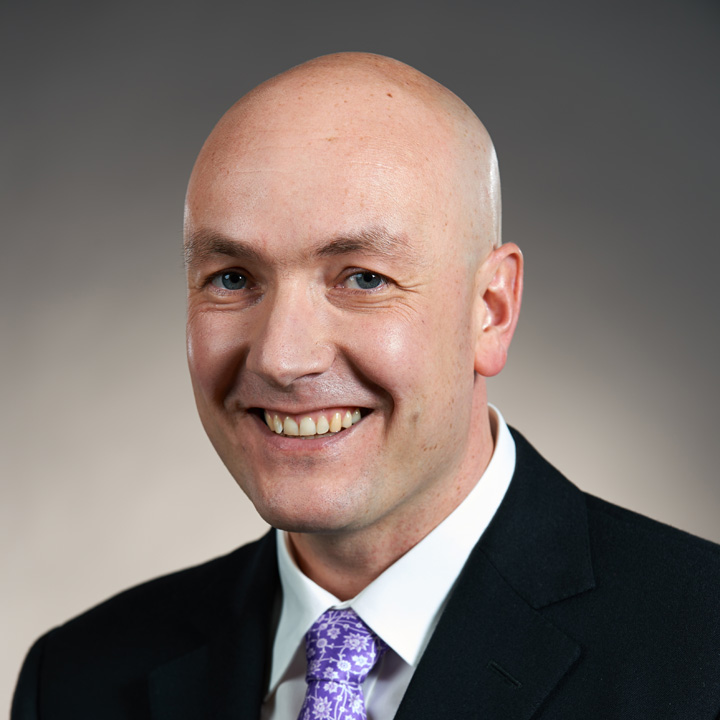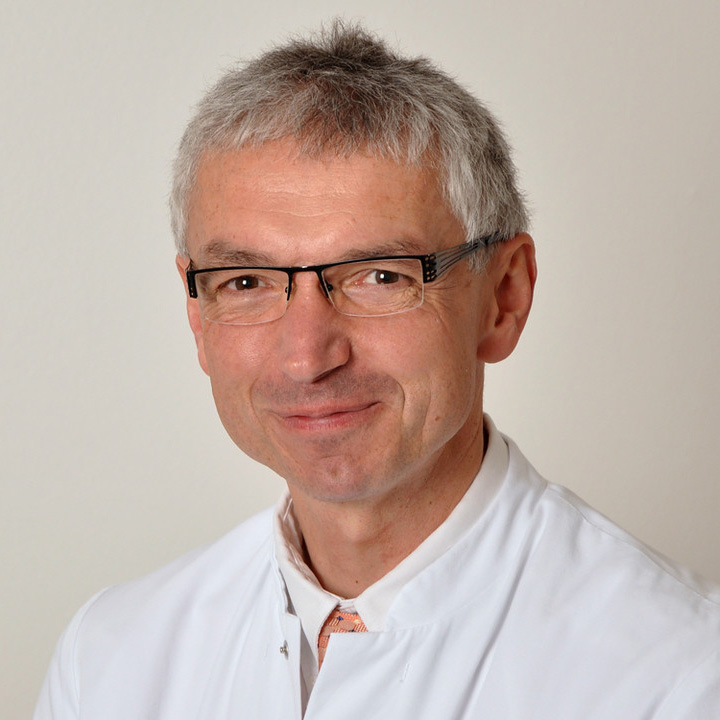The aims and motivation behind www.Voiceprostheses.com
To this day, most people experience the complete removal of their larynx – laryngectomy – as a severe blow, and for decades it led to the stigmatization of affected patients. However, thanks to modern rehabilitation and treatment options, laryngectomy has lost much of its horror – a development that was and remains a blessing. The optimum rehabilitation of a laryngectomee increasingly calls for an in-depth technical and medical knowledge that goes far beyond that usually required of speech therapists, nursing staff, ENT specialists and surgeons. This specialist knowledge is changing at such a rate that training manuals can hardly keep up with it, as technical and medical developments progress so quickly.
We set up www.voiceprostheses.com to keep up with these changes and developments. This website is an information platform for speech and language therapists, nursing staff and doctors and, unlike most of the sources available in the Internet, is not tied to any particular manufacturer. The products and procedures are described as neutrally as possible and from the perspective of the clinical user.
The online training offer is complemented by training options for interested parties, work shadowing and publications.
Despite the progress in rehabilitation options for the laryngectomee, a number of problems remain to be solved such as the optimum pulmonary rehabilitation, improved tracheostoma provisions, and the further development of voice prostheses. New products are being brought onto the market and should be checked carefully. In particular, we trial new voice prostheses in daily clinical life and present the results here.
After all, www.stimmprothese.com is intended to be a source of information for patients. We made a conscious decision not to differentiate between professional users of the website and patients, for the simple reason that patients who are affected by this issue themselves often become experts in the field of rehabilitation after laryngectomy over the years. However, our aim is also to provide clear, neutral information for patients with no prior information, i.e. those about to undergo laryngectomy, to answer their questions.
As we believe that a constantly developing, lively and interactive website is the most suitable for achieving the aims outlined above, we are always pleased to receive ideas, comments and praise.
About the authors

Dr. med. Peter Kress
Dr. med. Peter Kress is a senior physician at the ENT clinic of the Klinikum Mutterhaus der Borromäerinnen in Trier/Germany, and has been deeply involved in working with voice prostheses and the rehabilitation of patients following total laryngectomy for a number of years.
He runs clinical studies trialing special prostheses and new voice prostheses, and learned the concept of the “custom fit” voice prosthesis and the EMG-controlled Botox injection from Eric D. Blom in Indianapolis. A close co-operation was established with the machine construction faculty of the University of Esslingen in 2006 for the technical further development of voice prostheses. The aerodynamic properties of voice prostheses and physical respiratory tract parameters are researched in student projects. Dr. med. P. Kress contributes to the training of speech therapists and doctors with lectures and publications in the specialist press.
Together with Dr. Peter Schäfer, he has been organizing voice prosthesis courses for patients, speech therapists and doctors since 2003.

Dr. med. Peter Schäfer
Since 1995, Dr. med. Peter Schäfer has been involved primarily in the treatment of malignant ENT diseases. He is the head of the oncology section at the ENT department, Klinikum Mutterhaus of the Borromäerinnen in Trier. He has been involved in vocal rehabilitation following laryngectomy for many years. Since 1997 he has written countless articles and lectures on this subject and worked with affected patients to develop a range of practical aids and devices. He has further developed the technique of the surgical shunt closure, using muscle tissue in the basic scenario and microvascular flaps in more complicated ones with additional stenosis, and spoken on these subjects at a number of congresses.
He and Dr. Kress have been organizing the Trier voice prostheses courses for patients, speech therapists and physicians since 2003.
